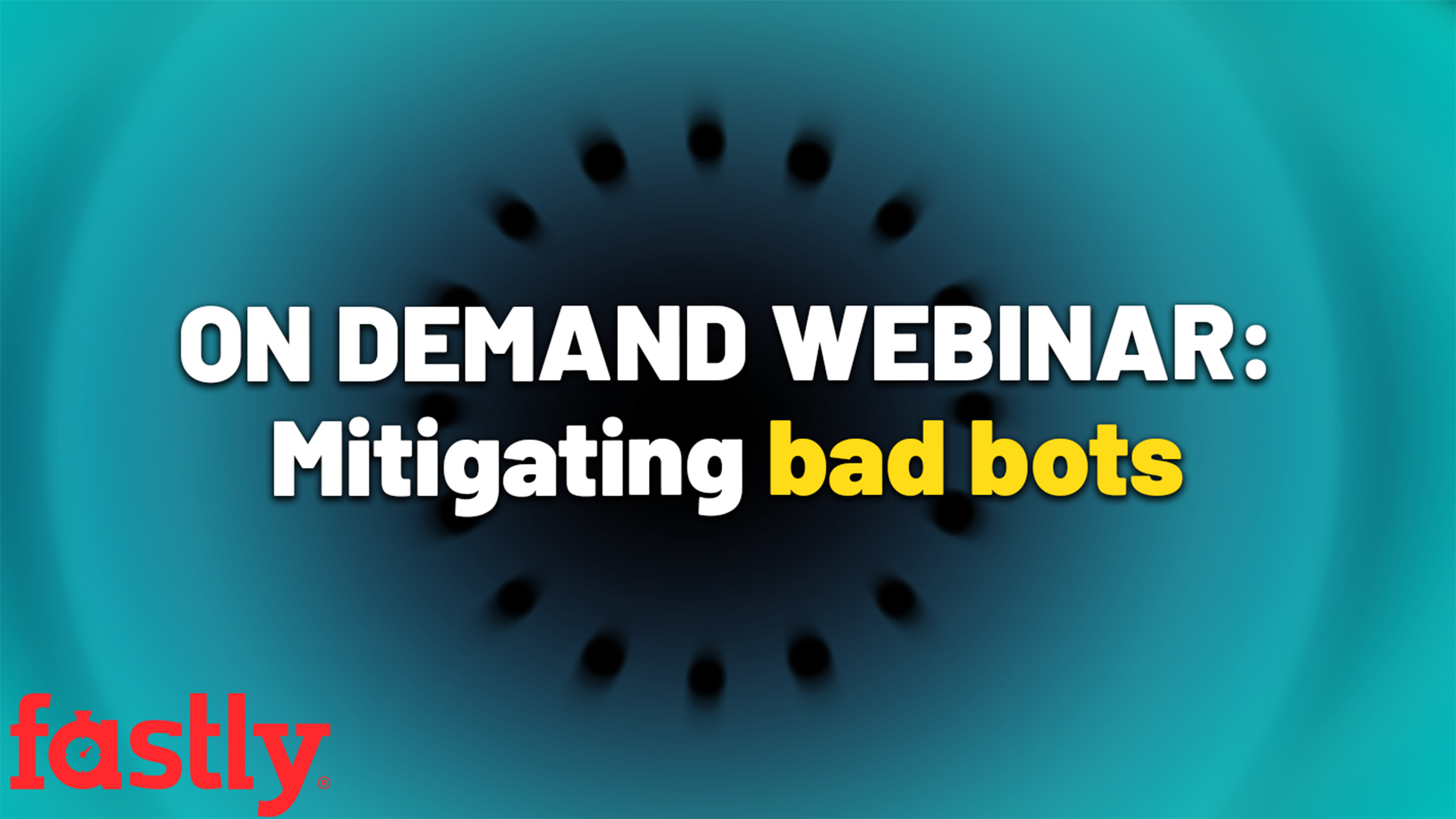'Click fraud' becomes entry route for ransomware attacks
Multiple ransomware attacks can be launched in just two hours, stemming from click fraud


Hackers are using click fraud, the act of clicking repeatedly on a web advert to drain advertisers' revenues, as the most common way to distribute ransomware.
This is according to threat detection firm Damballa's Q2 2015 State of Infections report, which analysed click fraud malware RuthlessTreeMafia, introduced by the Asprox botnet.
Devices running the bot generated fake clicks on ads, cheating advertisers out of millions of pounds of revenues. Damballa estimated it was costing businesses $6.3 billion (4 billion) a year, making it a serious threat to the advertising industry.
When the botnet was in control of Damballa's infected test device, those behind RuthlessTreeMafia sold access to the host to other threats that used downloaders to install the Rerdom and Rovnix Trojans.
The test device also became infected with CryptoWall ransomware, used to encrypt files on the device, demanding a payment from the victim to decrypt them. The chain continues, with more ransomware and malware being installed on devices, making the original attacker more money and digging the victim deeper into trouble.
After just two hours, the device picked up three further click fraud attacks, showing the speed in which one click fraud attack could escalate.
"As this report highlights, advanced malware can quickly mutate and it's not just the initial infection vector that matters, it's about understanding the chain of activity over time," Stephen Newman, CTO Damballa said. "The intricacies of advanced infections mean that a seemingly low risk threat - in this case click fraud - can serve as the entry point for far more serious threats.
Sign up today and you will receive a free copy of our Future Focus 2025 report - the leading guidance on AI, cybersecurity and other IT challenges as per 700+ senior executives
"The changing nature of these attacks, underscores the importance of being armed with advanced detection, to combat these more stealthy threats. As infections can spread quickly through the network, security teams should take proactive measures to avoid becoming a cautionary click-fraud tale."

Clare is the founder of Blue Cactus Digital, a digital marketing company that helps ethical and sustainability-focused businesses grow their customer base.
Prior to becoming a marketer, Clare was a journalist, working at a range of mobile device-focused outlets including Know Your Mobile before moving into freelance life.
As a freelance writer, she drew on her expertise in mobility to write features and guides for ITPro, as well as regularly writing news stories on a wide range of topics.
-
 Mitigating bad bots
Mitigating bad botsSponsored Podcast Web crawlers pose an immediate business risk, necessitating immediate action from IT leaders
-
 Thousands of Microsoft Teams users are being targeted in a new phishing campaign
Thousands of Microsoft Teams users are being targeted in a new phishing campaignNews Microsoft Teams users should be on the alert, according to researchers at Check Point